The waiting room at the therapist’s office was quiet and dark and was filled with creaky furniture that has seen better, happier days. As I waited, I chewed on the waxy skin at the edges of my nail beds and refreshed the needy stream of emails on my BlackBerry.
At 34, my career was going places. But it was the relentless, deadline-heavy pressure of my magazine job, coupled with something indefinably . . . not right, a constant hum of nervous energy, the sense that my cover was about to be blown at any moment, that had brought me here, reluctantly, this muggy Tuesday lunchtime.
The therapist started by assessing the lay of the land. What had brought me here? (“Just this constant anxiety. I often find myself either crying or feeling really angry for no reason.”) How was my relationship with my parents? (“I don’t see them very often. My mum and I aren’t that close, and my dad has another family now.”) Was I married? (“Yes, my husband is my best friend. I can’t imagine ever not liking him.”) And did I have children of my own? (“No. I’ve never wanted to have kids.”)
She stopped, pen poised above her notepad, her pause so thick with intent you could bite into it. And why was that, did I think?
There it was, less than fifteen minutes into our session, the gazillion-dollar question. One I had fielded on repeat since I had failed to grow out of my childhood aversion to babies. My answer always the same: I’ve just never felt . . . the urge?
I suppose I figured that the baby fever would kick in at some point, and then I’d see where I was at with it. But the therapist seemed to think that she was onto something. The clock tick-tocked, and the silence between us stretched like gum about to snap. “Let’s stay with that,” she said. “You’re the age most women are planning a family. Why is that not appealing to you?”
I suppose I figured that the baby fever would kick in at some point.
I squirmed in my own cracked leather seat, my irritation like a swarm of ants surging across my back and up between my shoulder blades. Really? Deep intake of breath. We were going to make this about my fucking biology?
By the time the session dragged to its awkward conclusion, she told me we’d come back to the kids thing next week. I left and headed back to the glossy hubbub of the magazine office with my nerves unsoothed, as tightly wound a trap of anxiety and self-doubt as when I went in.
Over the next decade that question—Why don’t you want kids?—would continue to hound me. It surfaced each time a friend became pregnant. I discussed it with my husband, at length, whenever my period was more than two days late. And, over time, what had always felt like my most truthful answer—I just don’t want to be a mom—began to bob about on a rising tide of doubts.
Over the next decade that question—Why don’t you want kids?—would continue to hound me.
Doubt in my capacity to give and receive unconditional love. Doubt, even, over whether there was something biologically wrong with me. After all, it was sort of odd not to want a child; wasn’t the procreation of the species the reason we were here? But gradually, a more expansive line of enquiry emerged. “Why don’t I want kids?” became “Why am I expected to want to be a mum?”
This reframe also opened up broader areas for consideration: Why are women told we’ll regret it if we don’t have kids? Why are we sometimes shamed for prioritising other avenues to fulfilment? Why aren’t men expected to want to be fathers? How is it that more and more women are leaving it “too late”? And not least, thanks to the advent of the exhausted mommy blogger, sending an SOS into the ethers of the internet from the depths of her postpartum psychosis: When did it get so fucking hard to be a mum?
These are questions that led me to wonder: what if, rather than motherhood being every woman’s natural, God-given role, some of us, regardless of our biology, are simply more suited to the role and the vocation of parenthood than others?
This brings me to a concept that I have termed the Motherhood Spectrum. In essence, this speaks to the idea that any individual person’s desire and aptitude for parenthood will be influenced by a multitude of factors—everything from our basic personality to our family and cultural background, to our desires and ambitions for our life, to our finances, to our physical and mental health, and our relationship status.
It also does away with the notion that not being a mother, not wanting to be mum, or not naturally revelling in the role means that there is something wrong with us. Rather, it suggests that there is everything wrong with a society that treats biological women as a monolith.
What if some of us are simply more suited to the role and the vocation of parenthood than others?
The concept of the Motherhood Spectrum solidified for me after I discovered a 1996 book by New York–based psychoanalyst (and woman without kids) Jeanne Safer, titled Beyond Motherhood.
Two sentences in the book, in particular, cut through any confusion I might have been feeling like a hot knife: “Motherhood is no longer a necessary nor a sufficient condition for maturity or fulfilment,” she writes. “It is a biological potential and a psychological vocation which a significant minority of women, upon reflection, recognise does not suit them.” And it is a minority that is becoming more significant with each new generation.
Reading Safer’s words was like wiping the condensation from a steamed-up mirror and looking myself in the eyes. What if this “instinct” I was supposed to embody was as much of a social and a psychological construct as it was a part and parcel of being born a biological woman?
For example, each person of childbearing age today is impacted to some extent by practical concerns that are in many ways unique to early twenty-first century life: the rising cost of raising a child, an increasingly competitive and unstable job market, lack of support from a wider family network, and the complexities of meeting a suitable coparent.
And then there are the intimately personal reasons, often imperceptible to the naked eye, that may also impact how a woman feels about motherhood after she’s had kids: a desire to focus on her career; a fear of childbirth; doubts about her childrearing abilities; trepidation around reliving her own difficult childhood; just not really seeing herself as a “mom.”
When we then map the practical challenges of motherhood against the opportunities that have opened up to women over the past half century, the question many of us are asking is also less “Do I want to have kids?” and more “What are all the potential life-paths that I could pursue?” A question that women of previous generations never even got to ask themselves in the first place.
Jeanne Safer describes her position on motherhood as an “Affirmative No”, a phrase that reframes the no as a positive. “[An Affirmative No] is not an act of rebellion; it is an act of willed self-assertion, of standing your ground on your own behalf.”
This feels a lot more like my experience of rejecting motherhood. Meanwhile, it also makes sense that at the other end of the Motherhood Spectrum lies an “Affirmative Yes”; the full-body, soul-powered, solid-gold knowing that you do want to be a mom. But if these are the extremes, what about all those who fall somewhere in between?
Given the infinitely disparate factors that make us who we are and that dictate what we need to feel satisfied and content, I would argue that this is most women. Taking into account what we also know about the challenges of modern motherhood, coupled with the opportunities afforded us by wave after wave of feminist fight, it also seems perfectly normal, natural even, that a significant majority of women would experience a degree of ambivalence about signing on for the job.
And yet, what’s still held up as normal and natural is a woman’s Affirmative Yes about being a mom—the notion that every woman, given the opportunity and the biological capacity, would gladly leap at the chance. So how did this binary view of motherhood—that it’s either a natural, celebratory YES! or a selfish, dysfunctional NO—come to be? And what happens when we begin to acknowledge the nuance that exists in between?
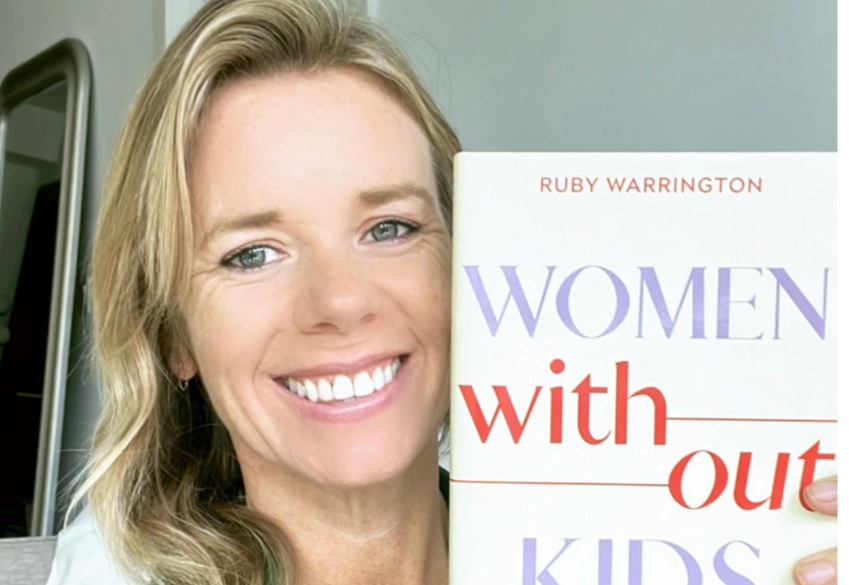
In her controversial book Regretting Motherhood, sociologist Orna Donath presents the findings of a study into mothers who openly admit to regretting having had kids. As with any subject this taboo, their testimony makes for edgy, compulsive reading. Central to these women’s private agonies (one subject laments: “I am simply giving up my life. It is giving up too much, as far as I am concerned”) are what Donath describes as the “feeling rules” of motherhood: the fact that only certain feelings about motherhood are allowed. This adding up to what she describes as “a colonisation of the imagination.”
You know what she’s talking about, right? Feeling excited about becoming a mother: allowed. Dreading the loss of physical, mental, and emotional autonomy: definitely not. Feelings of elation any time a friend announces they are pregnant: lovely!
So, to what extent is the notion of the maternal instinct intertwined with these feeling rules? I’m not saying that anybody is “duped” into believing that they want kids. But any idea accompanied by strong emotional content tends to override logic. And what is more emotionally charged than the rose-tinted fantasy of motherly love?
I’m not saying anyone’s ‘duped’ into believing that they want kids. But what is more emotionally charged than the rose-tinted fantasy of motherly love?
So how do we begin to shift the needle on the Mommy Binary, instead embracing the concept of the Motherhood Spectrum?
First and foremost, we need to be able to speak openly and honestly about who we are as individuals and to share our deepest fears, needs, and desires for our lives.
These are conversations we can begin to have with one another. It’s often seen as “not polite” to enquire too deeply into a person’s reasons for being a woman without kids. But this is yet more pronatalist conditioning, the implication being that a person not being a parent must be the result of a misfortune too tragic to mention. If anything, open, honest conversations about where we orient on the Motherhood Spectrum, and why, can be both validating and illuminating.
For example, around the time one of my best friends and I were both turning forty, she embarked upon IVF. I walked the emotional tightrope with her, watching her go from hopeful and determined to disillusioned, tearful, and spent.
Now an ecstatic (if exhausted) mom to bouncing baby twins, I quizzed her about what had compelled her to keep going. I was hoping she’d be able to describe the baby fever that I had never been able to detect in myself—if it were biological, then surely it must be physical?
In my imagination, this felt like a raging hunger, but in the heart space. But instead, she told me: “I loved big family holidays when I was a kid, and I wanted to recreate those experiences; I wanted a noisy house full of people because I was afraid of the opposite; I wanted to make my parents happy, and see them as grandparents.”
How do we shift the needle on the Mommy Binary, and instead embrace the concept of the Motherhood Spectrum?
Hearing her describe all this, I realised that her reasons for having kids were not unlike my reasons for not. Except where she craves noise, I need cleansing hours of silence in my days; and where she’s excited for family trips to Disneyland, in my favourite childhood memories, I am by myself.
As for seeing my parents as grandparents, I had had a hard time picturing this. But there was also something else, which got closer to the mythical baby fever. When we spoke again a year or so later, she shared, “I felt like I had so much love to give, that I would have done anything to have a child.” And in my case, I realized I had always felt like this about my ideas. It was partly a compulsive need to say what I had to say about the world that had me apply the same dogged determination to my writing career.
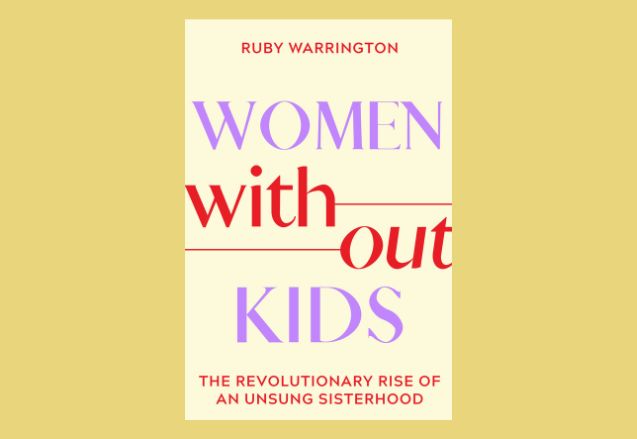
Whatever the reason, I believe that a full understanding of where we fall on the Motherhood Spectrum—and why—is key to understanding ourselves as part of an emerging and diverse womankind. Not to prove or to excuse anything, but to make our peace with diverging from a narrative that was written long before we got here.
For so long, women have been told that our purpose, our contribution, and our joy will arrive by stork, swaddled in blankets and sucking its thumb. That if we fail, literally, to deliver, then we have essentially failed at life. But for anybody leaning toward the Affirmative No end of the Motherhood Spectrum, this will not necessarily be the case. Fulfillment may come in a different kind of package entirely.
Edited extract from Women Without Kids by Ruby Warrington (available now)
Where are you on the Motherhood Spectrum?
Ruby Warrington on what to consider before you have children – or better understand your own approach to motherhood.
What if you just don’t know if motherhood is for you? It could be that you are reading this because you’re like me; you never wanted kids and you need to know you did not miss some great big memo in the sky. Or perhaps you’re still undecided. If the opportunity has passed you by, perhaps you have found yourself privately grieving your childlessness and unsure what comes next. And if you’re one of those moms who does not naturally revel in motherhood, perhaps you’re looking for ways to explain to yourself why this is.
When considering our place on the motherhood spectrum, let’s look again to those elements that “make us who we are”, from temperament to circumstance, fears and desires to capacities and limitations. What excites you and turns you on? What comes naturally to you? What are the things that you find challenging and have little aptitude for?
The next step is to map what you have uncovered about your nature against what you also know to be true about motherhood. Not the Instagram version—but the raw, daily, down-in-the- trenches stuff of mothering that you have witnessed with your own eyes.
What are your recollections of your personal experience of being mothered? What has been your mother’s experience of mothering, and her mother’s? How is it for your friends, your colleagues, and the members of your wider community? Do you see motherhood as a tender refuge from the competitive cut and thrust of the world outside the home? Or has a lack of financial and emotional support stretched the mothers in your life to a breaking point? Maybe it’s a combination of both.
Given the emotional charge of the word “mother,” now see what happens when you strip this away and instead place your non-negotiables within the context of parenthood. That is, the responsibility for feeding, sheltering, nurturing, and educating small human beings. The psychological, intellectual, moral, and emotional labour of raising well-rounded, secure adults. What version of yourself do you see in this picture? Is she largely content with her lot? Relishing being the mistress of her own universe and its subjects? Or is she harried, resentful, and out of her depth? Maybe, again, it’s a combination of all of the above. Remember, there are no right or wrong answers, and none of what comes up makes you a good or a bad person.
Perhaps this exercise will help you feel more confident in your Affirmative No. Or if you always wanted kids and it hasn’t happened for you, maybe it will inspire you to prioritise other ways to “mother” and to center children in your life. Ultimately, there’s no such thing as the “right” place to orient oneself on the Motherhood Spectrum—only the place that is right for you. There is also no one path to fulfilment, or any magic pill that will guarantee a happy life.
Want more stories like this? Sign up to PRIMER’s free weekly newsletter here.




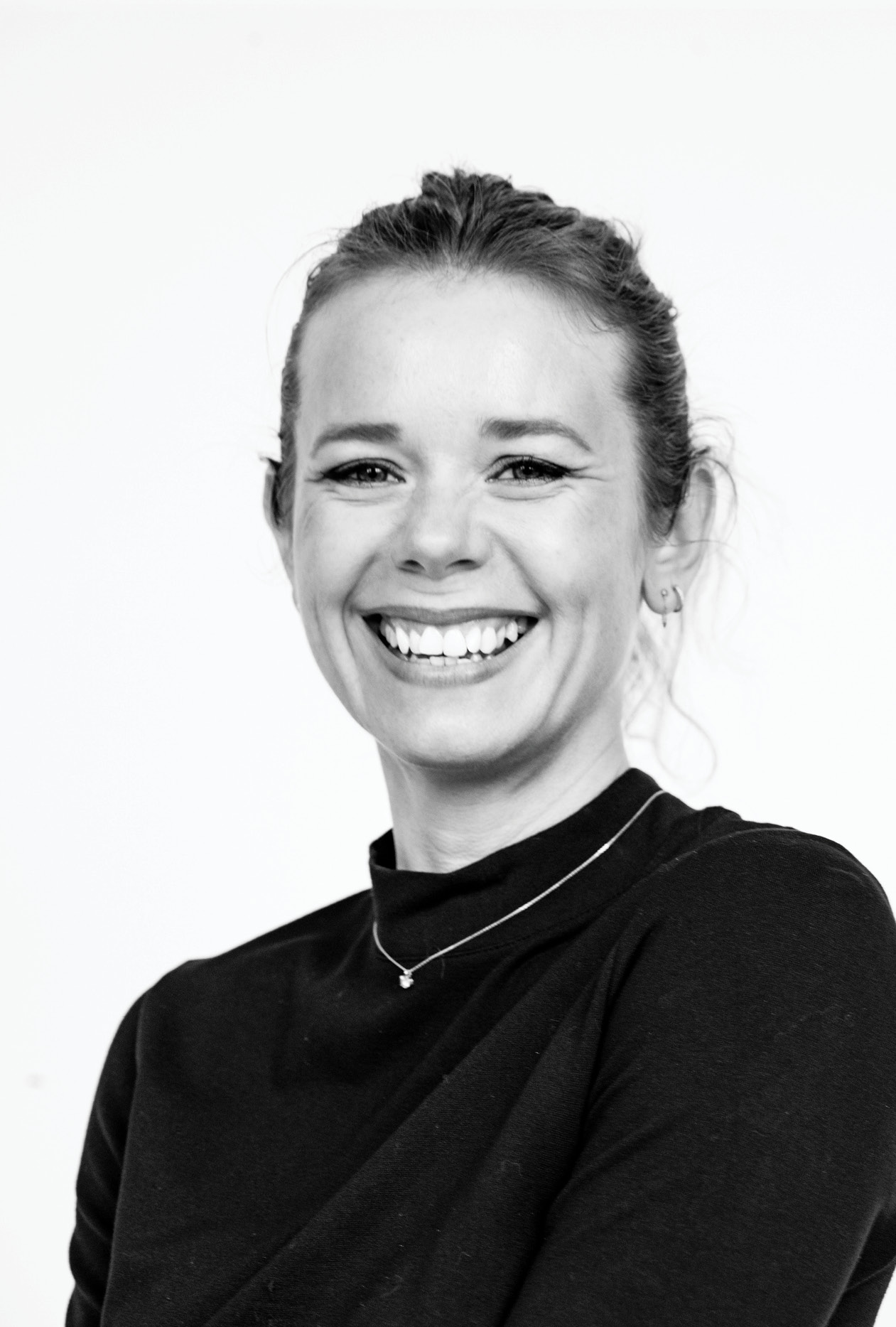
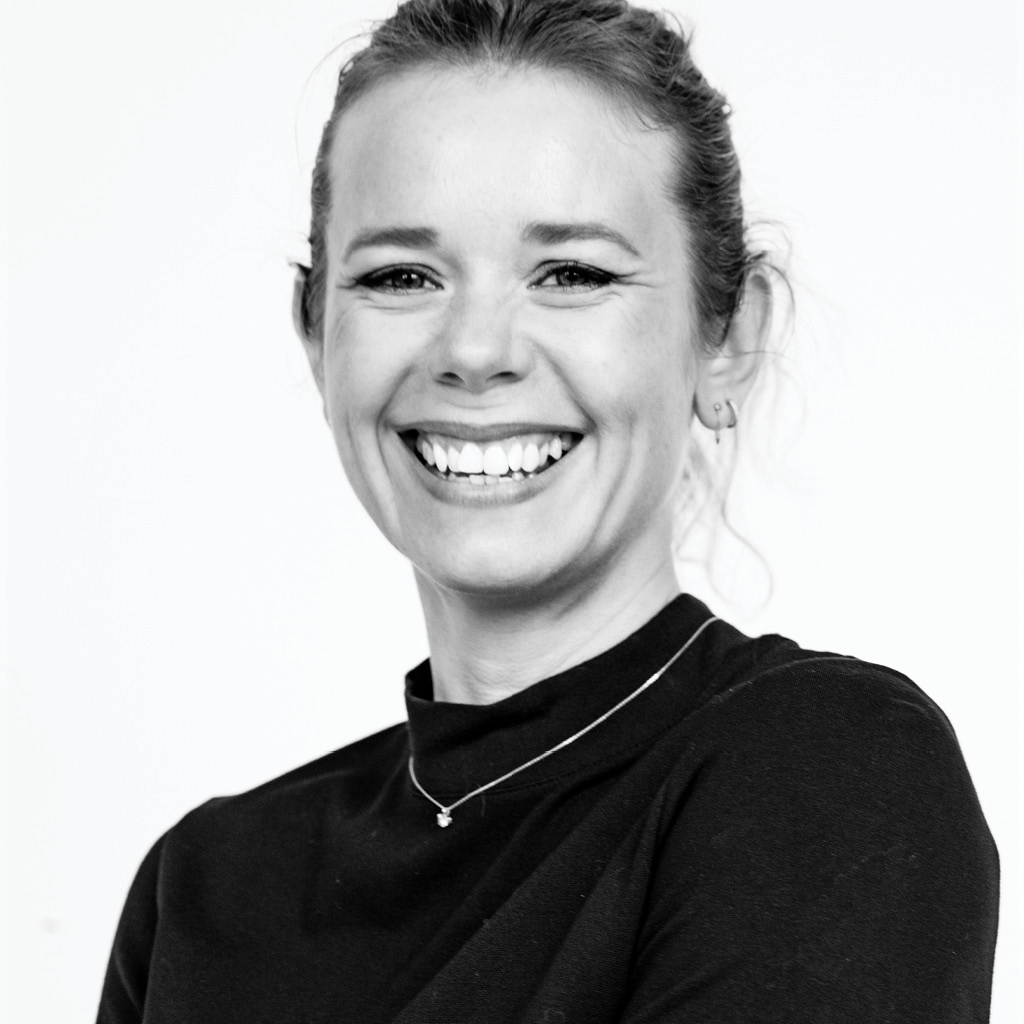

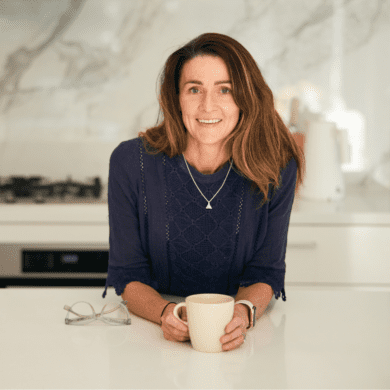
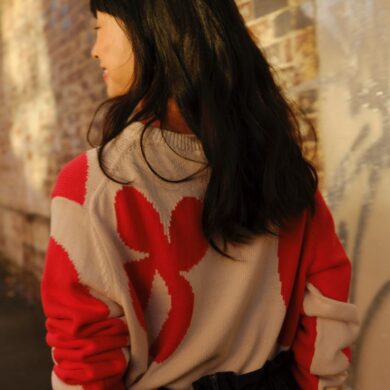
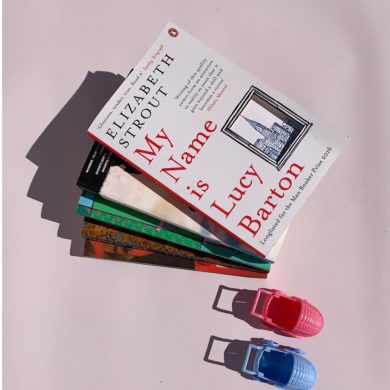
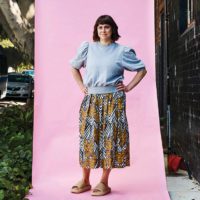
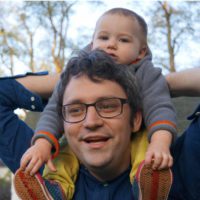
2 Comments